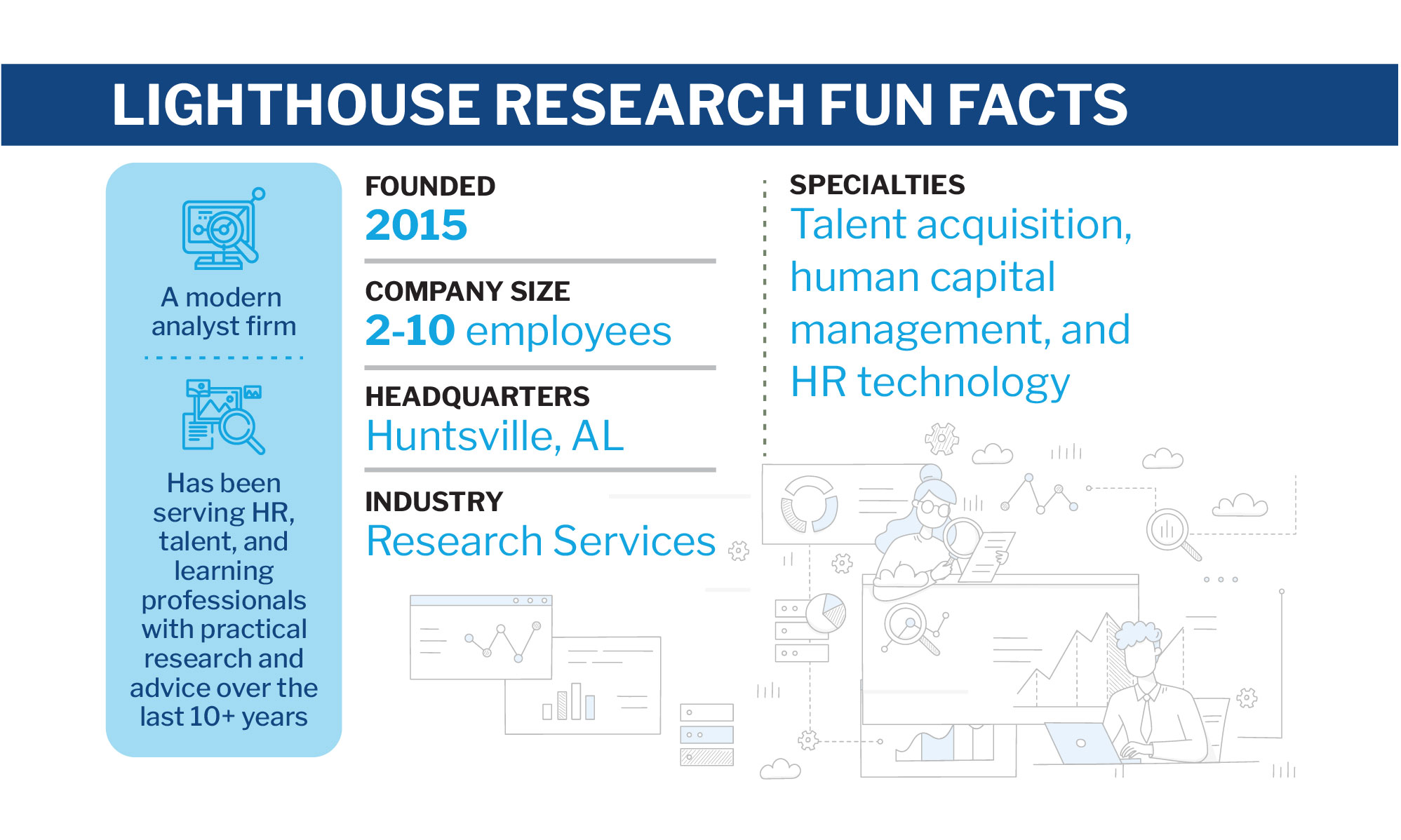
Why HR needs to practice caution when dabbling in generative AI

The future of HR is teetering on the brink of transformation, thanks in large part to the integration of AI. Ben Eubanks, chief research officer at Lighthouse Research, brings this phenomenon into sharp focus.
For him, AI is more than a technological marvel; it's a performance enhancer with endless applications.
"If you're trying to fill requisitions, we can find some way to make that connection for you," he explains.

Eubanks draws parallels between HR practitioners and chess players: "Entry-level players that are partnered with an AI can beat the best algorithms, can beat grandmasters. So it's possible they may eventually beat the best people, the best HR person, the best recruiters."
And the opportunities are endless for diligent employers.
“Basically whatever you can think of, you can find some way to find an answer to that," Eubanks asserts. From the simple task of finding a template for performance reviews to determining a starting rate for a senior accountant in Atlanta, Georgia, the applications are seemingly limitless.
But Eubanks cautions against overreliance: "I wasn't 100% accurate. You just use that and blindly go after it? Probably not. But it can give us an idea of what that starting rate is or what that range would look like."
There's a fine line between using AI as a tool and taking it as concrete. Eubanks warns: "Don't take everything you get as gospel; use it as a starting point."
He recounts an instance where AI suggested mentioning a non-existent Starbucks case study. Such a slip-up highlights the importance of not accepting everything at face value. Instead, the advice that Eubanks offers is twofold. On one hand, he emphasizes the need to maintain proprietary information.
"If I'm an HR leader, I don't want to put things in there that are proprietary because then it becomes part of the model, and it's not yours anymore. You don't own it anymore."
On the other hand, the art of questioning is vital: "If you ask a question and you get a result back you don't think is satisfactory, don't throw it out and say well doesn't work. I could ask it a different way. I'm going to ask it to change the tone and I'm going to ask it to do in a way that's more concise."
Eubanks likens the process to "vectoring" in aviation, where continuous adjustments guide you to your destination.
"It may be a little tweaking, a little change, a little editing, but eventually, you're going to get to that result you're looking for if you're willing to put a little bit of effort into it," he says.
He argues that even a small amount of effort with AI is still more straightforward and easier than trying to generate something from scratch. And generative AI is revolutionizing routine tasks in HR. From drafting excited-toned emails to developing a leadership development program, Eubanks sees a logical progression in tasks.
But there's more to AI than automating repetitive tasks. It's about compliance, something Eubanks has discussed with leaders at the Equal Employment Opportunity Commission (EEOC).
Regarding the use of AI in generating job descriptions, he recalls: "At the end of the day, when someone comes in to audit an employer, they're not going to ask if you used AI for this. They're going to say, 'Here's the result we found, and here's what you're liable for. How are you going to make this payment?'"
This conversation emphasizes that while AI is a powerful tool, human oversight and understanding are essential. The integration of AI into the HR function signifies an exciting development with far-reaching implications. It's not just a matter of efficiency and effectiveness, but a journey of continuous learning and growth.
The synergy between HR professionals and AI, as described by Eubanks, paints a picture where performance enhancement is achievable, and the future of HR appears not only bright but also promising.
The lessons from Eubanks' insights are manifold. AI is a valuable tool, but it's not infallible. The journey toward AI adoption in HR requires continuous adjustments, a clear understanding of the technology, and the wisdom to use it wisely.
His views resonate deeply with the HR community as they venture into uncharted territory, armed with the knowledge that the future is not about replacing human intellect but augmenting it.